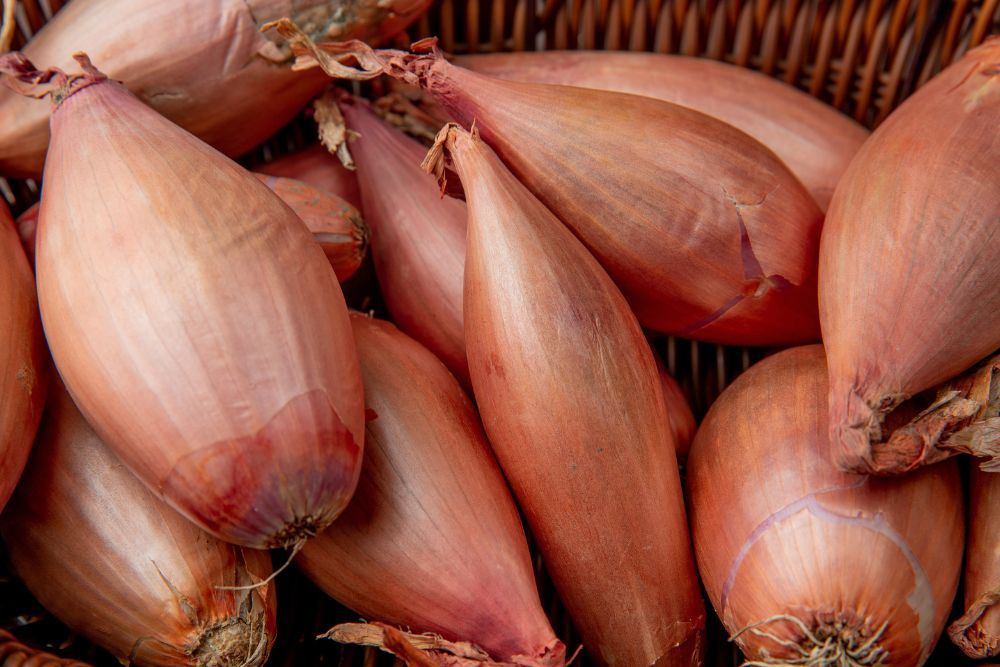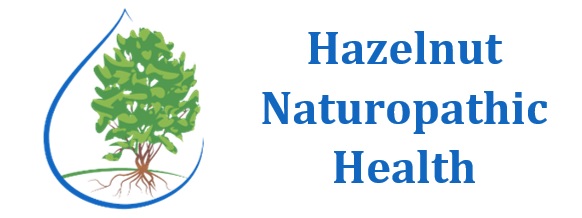
Meet Onion’s Delicate Cousin
Meet onion's delicate cousin! Known for its delicate, meaty, onion-like flavor, shallot, a member of the onion family, adds flavor to dishes worldwide. Shallot (Allium ascalonicum) most likely originates from Southeast Asia, spreading into India and the Mediterranean region. Typically, it's used as seasoning for foods, food industry products, and medicine. Shallot contains carbohydrates and more protein and fiber than a typical onion. It also has vitamin A, vitamin K, folate, and minerals like magnesium, calcium, selenium, and zinc.
Shallots are full of antioxidants and protective against many health concerns. Additionally, studies show shallot extract can significantly reduce allergy symptoms. This is attributed to its quercetin compounds, similar to those in onions. Not surprisingly, this spicy plant can be helpful and effective against infectious diseases. This is due to its antimicrobial effects against bacteria that can cause cholera, sinusitis, pneumonia, and skin infections. Shallots are also considered protective against liver cancer. Last but not least, it may be helpful when dealing with other sorts of malignancies, though more research is needed.
This fragrant plant is easy to add to your life. Shallots are a good onion alternative in most recipes. They can be used raw, cooked, or dried in various recipes. As always, consult your doctor or a qualified nutritionist before adding anything new to your diet. Interested in learning more about healthy food options to support your overall health? Consider talking to Dr. Blandford to learn more!
Resources:
- Arpornchayanon W., Klinprung S., Chansakaow S., Hanprasertpong N., Chaiyasate S., Tokuda M., Tamura H. 2022. "Antiallergic Activities of Shallot (Allium ascalonicum L.) and its Therapeutic Effects in Allergic Rhinitis." Asian Pac J Allergy Immunol; 40(4): 393-400. doi: 10.12932/AP-300319-0529. PMID: 31421664.
- Sun, Wenli & Shahrajabian, M. Hesam & Cheng, Qi. 2019. "The Insight and Survey on Medicinal Properties and Nutritive Components of Shallot." Journal of Medicinal Plant Research; 13: 452-457. 10.5897/JMPR2019.6836.
- U.S. Department of Agriculture: FoodData Central Food Details. 2019. "Shallots, raw." https://fdc.nal.usda.gov/food-details/170499/nutrients

Leave a Comment
(0 Comments)